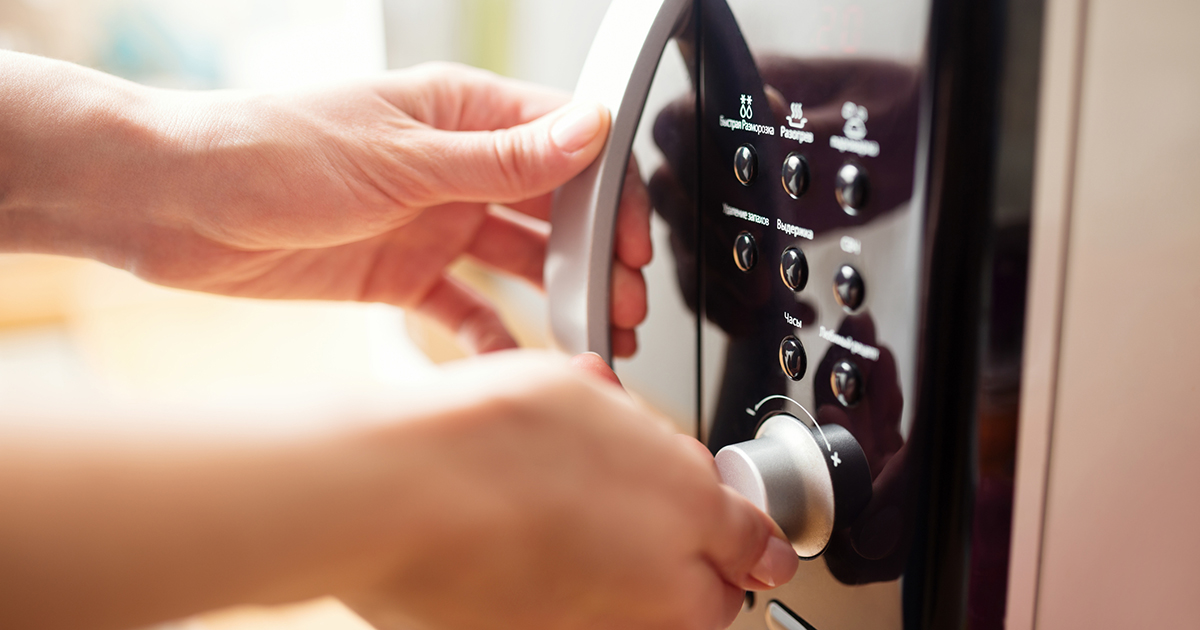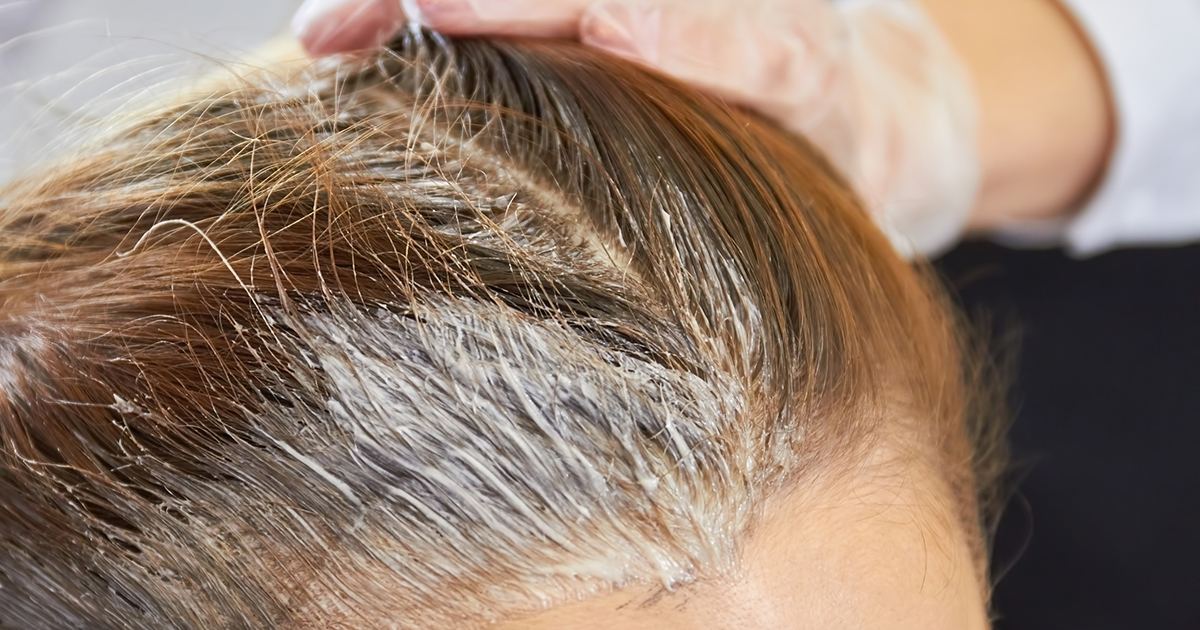Common Things That Aren't Actually Carcinogens
In a society where seemingly everything gives individuals cancer, many may not be sure what is truly safe and what should be avoided. Cancer is a terrible disease that often can be lethal. For many, there is no hope of a cure or a treatment that will help. As such, it's understandable why individuals might want to avoid certain activities and products to reduce their risk of developing it. However, information can be misleading or incorrect. To curb the rise of cancer, items and activities can fall under an umbrella that lumps them with other carcinogens when that is not the case.
Microwaving Plastic

The common claim for microwaving plastic is it releases dioxins into the food or beverage an individual is consuming. Individuals eat those dioxins, and eventually, they develop cancer. Many TV doctors have purported this, and the myth arises as individuals tend to believe these doctors on television. However, many individuals do not keep in mind news directors select these doctors to recite information they believe is newsworthy and not necessarily true or factual. That is just the state of the business.
So, the idea that heating food or drinks in the microwave in plastic containers is causing cancer is spread, even though this information is false. While doctors do agree heating plastic increases the risk of releasing harsh chemicals into the container's contents, they have yet to notice dioxins actually in the plastic. If anything, they recommend using microwave-safe plastic containers to avoid the risk of releasing harsh chemicals into food and beverages. That being said, there are no carcinogens to worry about.
Hair Dye

Individuals who love to color their hair for fun or necessity may be concerned by the opinion that hair dye can cause cancer. Like most hair treatment concoctions, hair dye is packed full of chemicals. Some of them are harsh, as they need to perform the task to get an individual's hair to be the color they want. Doctors and scientists who have examined the link between color dye and cancer, however, haven't found enough evidence to suggest there is a direct link. While there is a concern that the dye will be absorbed into the scalp and circulate throughout the body, as the scalp has excellent blood flow circulation, there is no evidence indicating it will cause cancer.
In fact, research has proven that among women, hair dye did not increase their risk of developing breast cancer. While individuals should always be aware of how much and what chemicals they are consuming, there is no evidence indicating individuals can not go out and color their hair.
